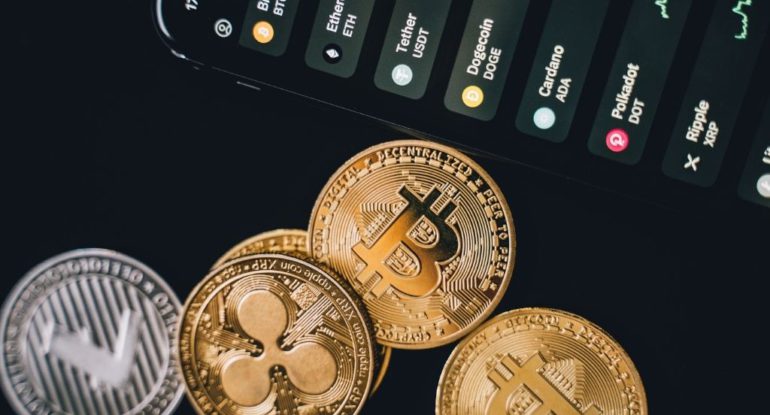Indian banks impose bans on crypto transactions; traders put off

Indian banks have been imposing bans on crypto exchanges over the last few months. India’s largest lender, State Bank of India, has blocked crypto exchanges from receiving funds via its UPI platform. The bank has also asked payment processors to disable their UPI on their platforms as well.
SBI’s decision comes after numerous other banks also imposed similar bans on crypto exchanges over the last few months. In May, HDFC Bank had warned investors against dealing in digital currencies, including bitcoin. The bank said that failure to heed the advisory might lead to the cancellation of their cards and restrictions of transactions.
Traders are now using e-wallet services to continue transacting on crypto trading platforms, but paying wallet charges and dealing with limits on fund transfers have been putting people off.
The RBI has been truly vocal about its reservations on digital currencies. Governor Shaktikanta Das recently said the central bank had conveyed to the government its “serious and major” concerns around crypto and its financial stability.
His comments come at an inopportune time for crypto investors and enthusiasts, with the Union Cabinet just weeks away from a bill that will regulate digital currencies and their fledgling market in India.
Finance Minister Nirmala Sitharaman had stated earlier that the government was not considering clamping down too hard on crypto and that interested investors would be given adequate opportunities to experiment with digital currencies.
India has nearly 1.5 crore investors who hold crypto worth Rs 15,000 crore. An increasing number of people are now looking to get into the space, especially after the bitcoin price rally over the last year. Nearly 350 Indian startups are currently operating in the cryptocurrency field and the blockchain space.
Earlier this month, former Reserve Bank of India (RBI) deputy governor R. Gandhi said that cryptocurrencies should be treated as an asset or commodity in India and that existing laws for exchanges should govern them. “Regulators should have access to information about how much cryptocurrencies individuals hold for tax purposes and this should be shared with the exchanges,” Gandhi said.
Last month, RBI governor Shaktikanta Das stated that RBI has been working on a phased implementation strategy for a central bank digital currency (CBDC). He mentioned that the pilot might be launched by the end of this year. “The Reserve Bank of India may launch its first digital currency trial programs by December,” RBI Governor Shaktikanta Das told CNBC in an interview.
Further, Infosys’ co-founder and Chairman Nandan Nilekani recently backed cryptocurrencies in India and called on Indians to adopt it as an asset class. “Just like you have some of your assets in gold or real estate, you can have some of your assets in crypto…I think there’s a role for crypto as a stored value but certainly not in a transactional sense,” Nilekani told the Financial Times in an interview.
Comments are closed.




























































